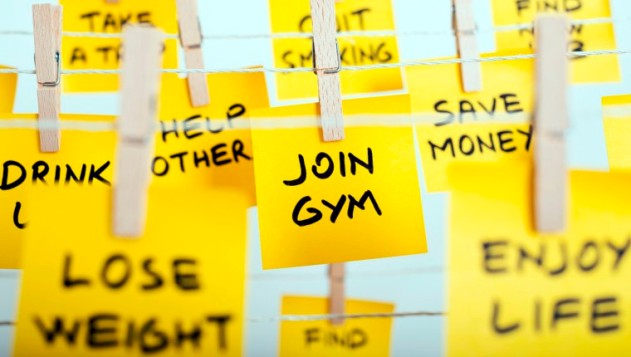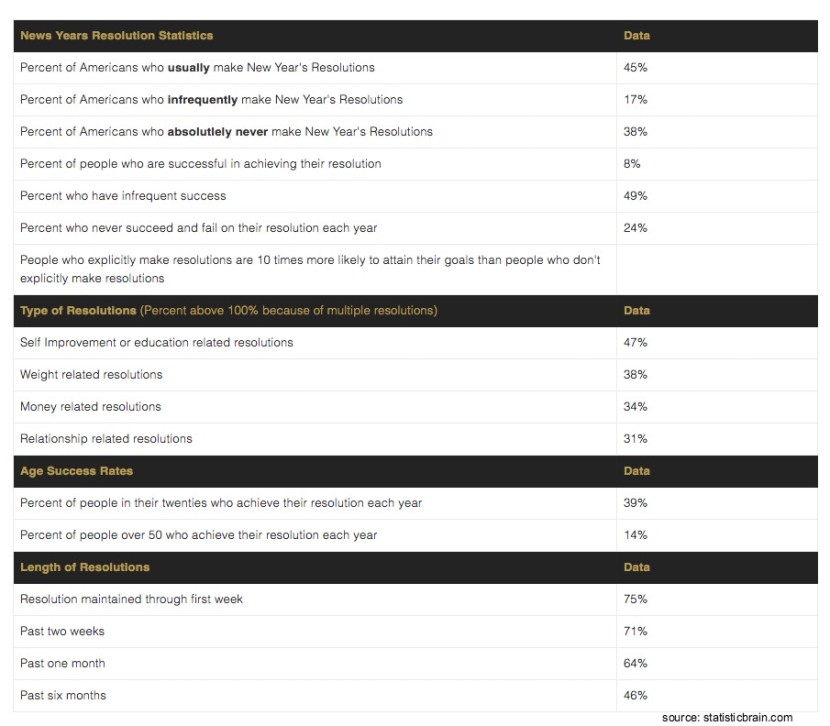Sleep plays a valuable role in good health and well-being throughout your life. During sleep, your body is working to conserve healthy brain function and maintain your physical health. Getting enough quality sleep at the right times supports your mental and physical health, quality of life, and safety. The damage from sleep deficiency can occur in an instant (such as an accident caused by your inability to focus), or it can harm you over time. Ongoing sleep deficiency can raise your risk for some chronic health problems as well as affect how well you are able to pay attention, react, work, and get along with others.
Here are just a few ways sleep affects you:
- Proper sleep helps enhance your learning and problem-solving skills.
While sleeping, your brain is preparing for the next day by building new ways to help you learn and remember information. A good night’s sleep improves learning. Whether you’re learning a new job, a new skill, or working on a new project, sleep helps enhance your learning and problem-solving skills. - With proper rest you are more able to pay attention, make decisions, and be creative.
Not only does lack of proper sleep effect your learning and creativity, but it also harms your ability to make wise decisions and pay attention which is damaging for day to day activities such as driving.
Lack of sleep also may lead to short term memory lapses called “microsleep”. Microsleep refers to brief moments of sleep that occur when you’re normally awake. For example, when you enter a room and forget why. Many link this type of incident to aging but it is actually due to lack of proper sleep which happens to become more common as you get older. Microsleep can disrupt your work by causing you to forget important tasks among other issues. Also, this type of lapse in awareness is shown to be a cause of many vehicle accidents.
awareness is shown to be a cause of many vehicle accidents. - Sleep deprivation has been linked to depression, suicide, and risk-taking behavior.
Without restful sleep, people may feel angry and impulsive, have mood swings, feel sad or depressed, or lack motivation. Snap decisions are often made when we lack rest which result in negative outcomes from accidents to being convinced we are too miserable to continue fighting through the day. - Sleep depravation is extremely harmful to your body’s health as well as your mind’s.
Sleep is involved in healing and repair of your heart and blood vessels. Ongoing sleep deficiency is linked to an increased risk of heart disease, kidney disease, high blood pressure, diabetes, stroke and obesity to name a few issues.Sleep helps you maintain a healthy balance of the hormones that make you feel hungry or full. When you don’t get enough sleep, your hormone levels fluctuate which can make you feel hungrier than when you’re well-rested.
Sleep also affects how your body reacts to insulin, the hormone that controls your blood glucose level. Sleep deficiency results in a higher than normal blood sugar level, which may increase your risk for diabetes.
Your immune system relies on sleep to stay healthy. Ongoing sleep deficiency can change the way in which your immune system responds. For example, if you’re sleep deficient, you may have trouble fighting common infections, colds or allergies. - Recurring or intense headaches are usually caused by lack of rest.
In a large study of migraine sufferers, half said sleep disturbances contributed to their headaches. And those who slept only six hours a night on average had more frequent and more severe headaches than those who slept longer.
Getting enough quality sleep helps you function well throughout your day. Everyone’s  individual sleep needs vary. In general, most healthy adults are built for 16 hours of wakefulness and need an average of eight hours of sleep a night.
individual sleep needs vary. In general, most healthy adults are built for 16 hours of wakefulness and need an average of eight hours of sleep a night.
Some people aren’t aware of the risks of sleep deficiency. In fact, they may not even realize that they’re sleep deficient. Even with limited or poor-quality sleep, they may still think that they can function well.
What are some things that cause us to lose valuable sleep time?
- Stress
Common triggers include work related pressures, family problems, illnesses or dealing with a difficult situation in your personal life. Usually the sleep problem disappears when the stressful situation passes. However, if short-term sleep problems such as insomnia aren’t managed properly from the beginning, they can persist long after the original stress has passed. - Food and Drink before bedtime
Drinking alcoholic, sugary or caffeinated beverages after 6pm can effect your sleep as well as eating a heavy meal, sugary or spicy snacks after 6pm. - Too much activity within 2 hours of your bedtime can prevent your ability to fall asleep or stay asleep.
For example, exercising in the evening or working on a project into the night will make you subconsciously prepare to stay more active for a longer period and leave you tossing and turning while you’re trying to sleep. Your thoughts may or may not be directly related to the activity you were doing as you toss and turn, but are still a direct result of your previous activity. - Nicotine
The intake of nicotine through tobacco smoking and smokeless tobacco within 2 hours before your bedtime will inhibit your ability to have restful sleep. - Interruptions and disruptions
Environmental factors can play a huge role in some people’s ability to sleep. Some people are considered “light sleepers” who are effected by even dim lighting or the sound of a breeze outside keeping them awake. If the person next to you snores or the bed is not comfortable, this type of disruption creates difficulties sleeping as well. Or, obviously, when we are jarred awake by a loud noise or similar, this can rob many of hours of sleep while trying to recover and calm ourselves from the sudden event.
Sleep deficiency is not only harmful on a personal level, but it also can cause large-scale damage. Studies have shown sleep deficiency has played a role in human errors linked to tragic accidents. While some of the items described above cannot be avoided, it is highly recommended you find a way to obtain proper sleep customized for your lifestyle as well as the basics. So, to reiterate a few items discussed above and also add some new;
Here are some useful tips to help you get a better night’s rest:
- If you are stressed, practice yoga, mediation or other relaxation methods that you are comfortable with before going to bed
- Avoid eating, smoking or extreme activities after 6pm if at all possible. And avoid drinking anything other than water in this time frame as well.
- If you are light and/or sound sensitive, use a sleep mask and/or ear plugs to help mask environmental disruptors from ruining your sleep.
- Daily exercise is excellent for your well being for many reasons including enabling you to get better rest at night. Just be sure your exercise is done earlier in the day to avoid restlessness later in the evening.
- Maintaining a regular bed time is extremely helpful in maintaining proper rest. Studies have shown that the average person needs 8 hours of sleep, so calculate your bed time around that period.
 In closing, sleep deprivation can be a miserable and harmful experience for you and those in your circle. While it’s not necessarily easy to manage, we hope you have found some helpful information in this blog to manage your sleep habits and get more rest. If you found this blog useful, be sure to follow us for safety tips and more helpful information and share our blog with your friends. If you have a health or safety topic you’d like to see covered in our blog, let us know!
In closing, sleep deprivation can be a miserable and harmful experience for you and those in your circle. While it’s not necessarily easy to manage, we hope you have found some helpful information in this blog to manage your sleep habits and get more rest. If you found this blog useful, be sure to follow us for safety tips and more helpful information and share our blog with your friends. If you have a health or safety topic you’d like to see covered in our blog, let us know!
Sweet Dreams,
Close Range Safety Training Academy

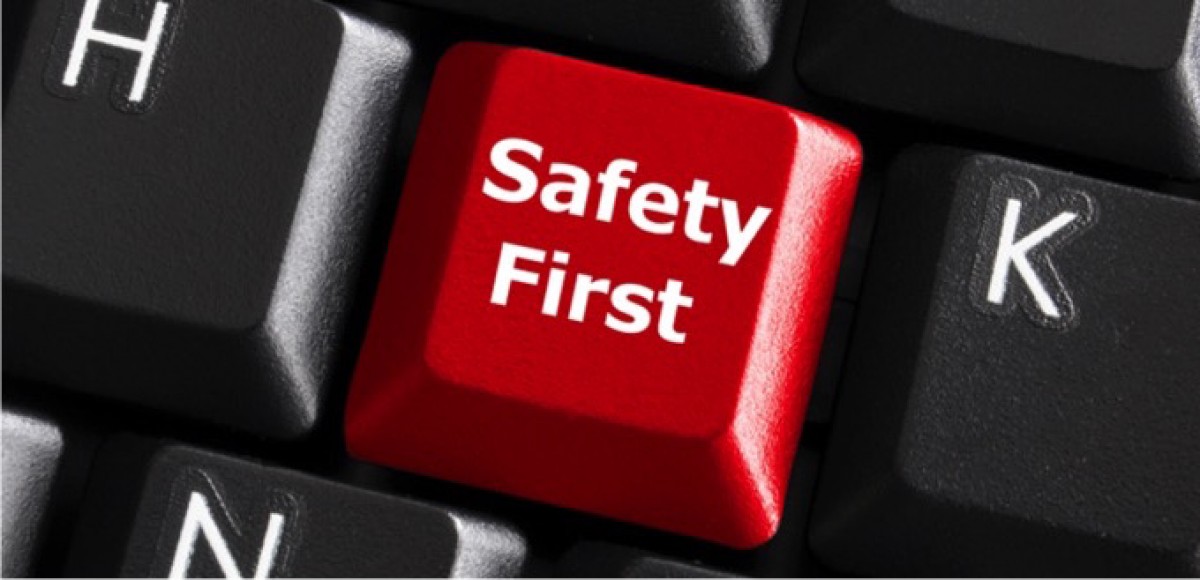

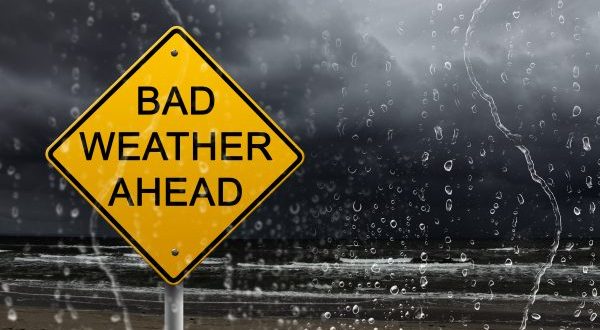

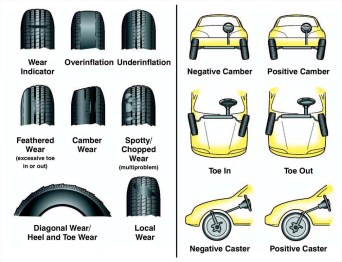 adhere to the road, which is why it’s so dangerous to drive with bald tires. Without the right traction, you can skid, slide, and hydroplane easily in wet conditions. (Click
adhere to the road, which is why it’s so dangerous to drive with bald tires. Without the right traction, you can skid, slide, and hydroplane easily in wet conditions. (Click 
